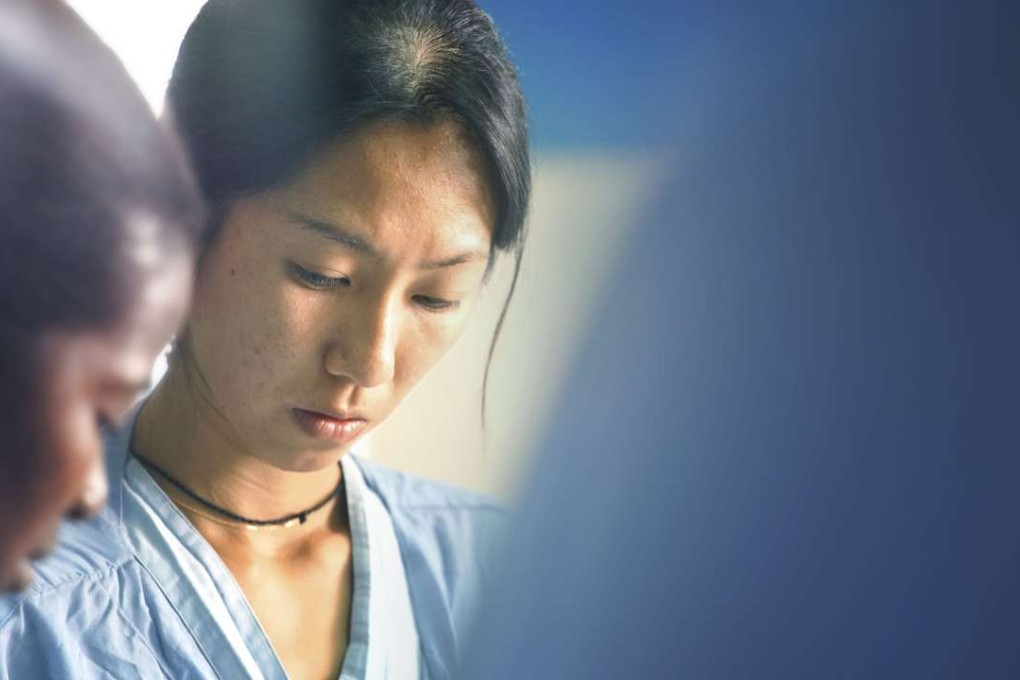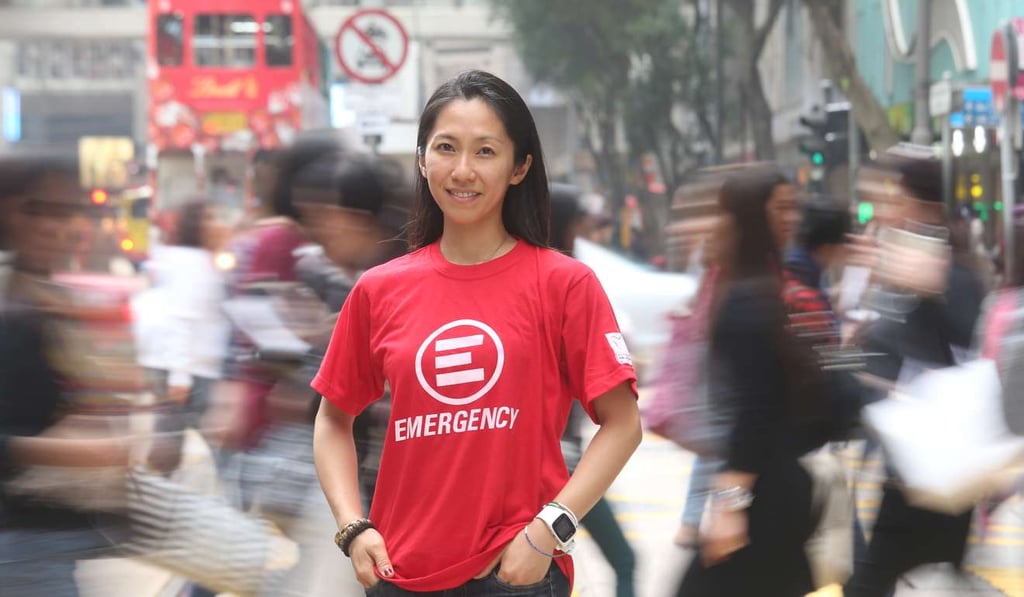Hong Kong doctor volunteering in West Africa can’t forget the children she saved, or the ones she lost
Surgeon Jessica Ng fulfilled a dream by working for a year in a charity’s hospital in Freetown, Sierra Leone, operating for free on patients, many of them young and often with terrible injuries. She can’t wait to go back

It’s the children who stay uppermost in Jessica Ng Man-sin’s mind. She would visit them in the paediatric ward at the hospital in Freetown, the capital of Sierra Leone. Some were her patients, in with fractures, skull injuries, or because they’d accidentally swallowed caustic soda, used to make soap. She’d take them sweets. Many she saved, but some she couldn’t.
Sitting in the Foreign Correspondents’ Club in Hong Kong, Ng, 34, an orthopaedic surgeon, looked back at the year she has just spent in the West African country, where she was the first Hong Kong doctor to work at a hospital of the Italian medical charity Emergency.

Sierra Leone has been at peace since the end of a civil war in 2002, but the conflict left its scars. Poverty is endemic; two thirds of the population of six million rely on subsistence agriculture.
Ng worked six days a week at the surgical and paediatric centres of the hospital, in the Freetown district of Goderich, where patients are treated free of charge. She had previously worked at Eastern Hospital in Chai Wan, often dealing with sports injuries to knees and toes.
“I’m an orthopaedic surgeon, but I worked beyond bones and limb injuries [in Sierra Leone] because we had head and maxillofacial injuries [where the facial bones are fractured],” says Ng, so her experience broadened quickly. “Professionally, it was an eye-opening experience. We don’t see such injuries in Hong Kong.”